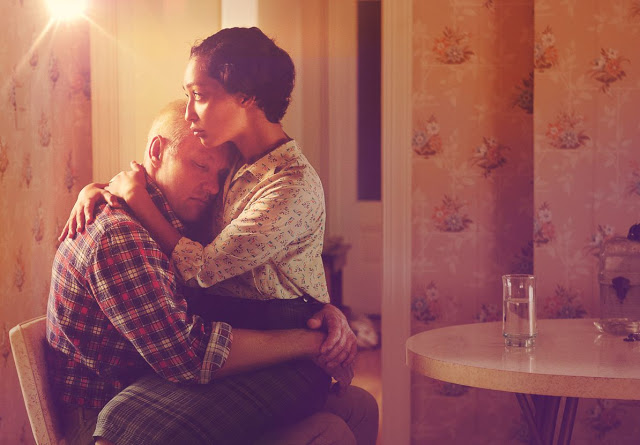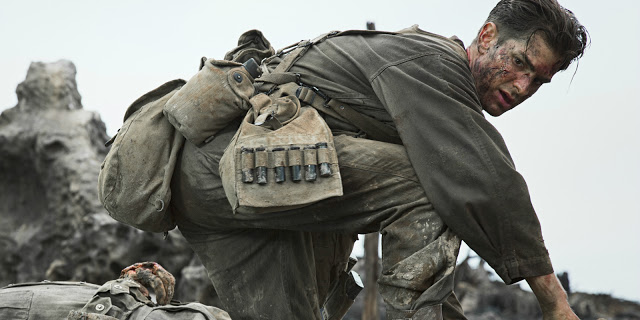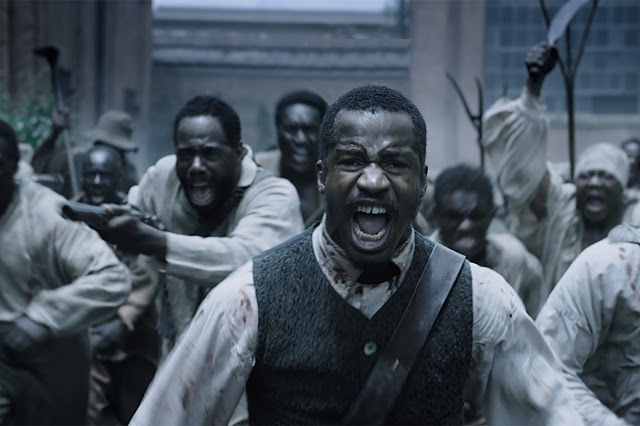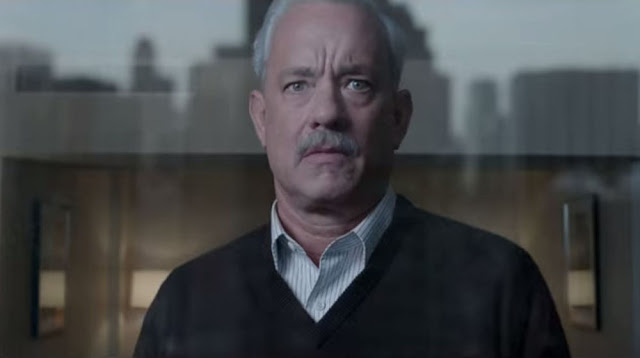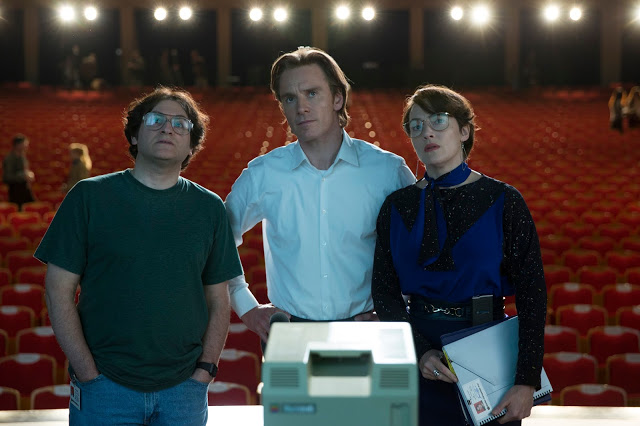Loving: Found Guilty for Finding Love
Loving is a very pleasant American movie about a very unpleasant time in American history. It tells a story of adversity, perseverance, and ultimate triumph, and it proceeds in a rigorous straight line, with minimal eccentricity or embellishment. This is perhaps to be expected, given that Loving belongs to a specific subgenre: the earnest and well-meaning docudrama. But it is also something of a surprise, given that its writer and director is Jeff Nichols, whose previous films (Take Shelter, Mud, Midnight Special) were largely off-kilter and opaque. Nichols tends to focus on odd protagonists—a delusional laborer, a wandering gangster, an alien boy—but even more central to his filmmaking are his disdain for convention and his gift for unpredictability. Yet anyone with access to Wikipedia could comfortably predict how Loving will play out.
This does not make it bad. On the contrary, it can be satisfying to watch a familiar story unfold on screen, particularly when it is well-told and well-acted. And of course, the movie’s theme—that stoic decency can defeat senseless bigotry—is a worthy one, equally relevant now as when the events of the film took place. Still, the challenge for Nichols is to make Loving stimulating as a piece of cinema as well as a lesson in history. Given his meat-and-potatoes approach to this material, it’s a marvel that he even half-succeeds. Read More

